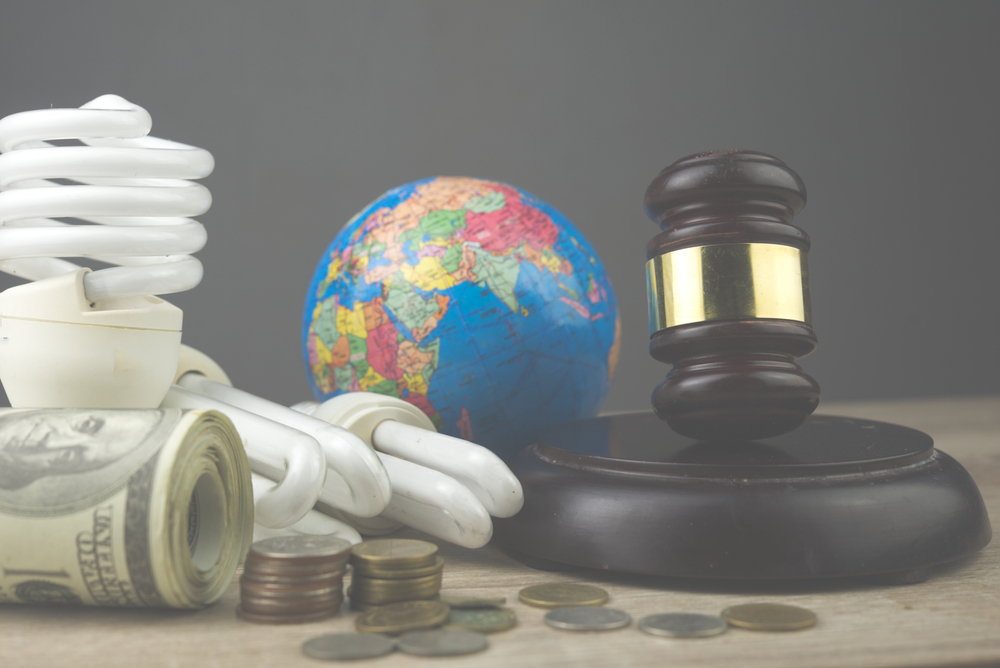The Inflation Reduction Act is on its way to President Biden’s desk, and as is widely known, the legislation contains hundreds of billions of dollars in climate-related spending.
Predictably, a variety of exchange traded funds are benefiting from passage of the bill, and while dedicated renewable energy funds are gaining plenty of attention — rightfully so — some broader environmental, social, and governance (ESG) ETFs could benefit over the long haul from the coming government spending. That group includes the Invesco ESG Nasdaq 100 ETF (QQMG).
QQMG, which turns a year old in October, follows the Nasdaq-100 ESG Index. That’s the ESG cousin to the Nasdaq-100 Index, which has a surprising amount of ESG credibility in its DNA. So while QQMG is a broad ESG fund, not a dedicated climate ETF, it has relevancy in the conversation regarding government plans to significantly elevate renewable energy spending.
The Inflation Reduction Act contains provisions for a “90% increase in utility-scale solar installations in 2024 and a 60% increase in onshore wind installations every year to 2030,” according to BNP Paribas.
Those points are relevant to investors considering QQMG because clean energy products, including solar panels and wind turbines, are heavily dependent on tech gear, including semiconductors. More than a dozen chip companies, including several with green energy exposure, are among QQMG’s 96 holdings.
“For solar, the extended longevity of the tax credit will just give more visibility to consumers and installers looking to grow. A Princeton study expects solar deployment to increase 5x from 2020 under the Inflation Reduction Act,” added BNP Paribas. “For wind, we are seeing forecasts for a 60%+ increase in annual wind installations over the next eight years.”
Then there are the potential electric vehicle benefits in the bill, which could be long-term positives for Tesla (NASDAQ:TSLA) and QQMG’s chip holdings, among other members of the ETF’s roster. Tesla is QQMG’s second-largest consumer discretionary component at a weight of 2.69%.
The Inflation Reduction Act contains “tax credits of USD 4 000 for used EVs and USD 7 500 for new EVs. To be eligible, the EVs must be assembled in North America. After 2023, any vehicles with Chinese battery components would not be eligible,” concluded BNP Paribas.
For more news, information, and strategy, visit the ETF Education Channel.
The opinions and forecasts expressed herein are solely those of Tom Lydon, and may not actually come to pass. Information on this site should not be used or construed as an offer to sell, a solicitation of an offer to buy, or a recommendation for any product.

